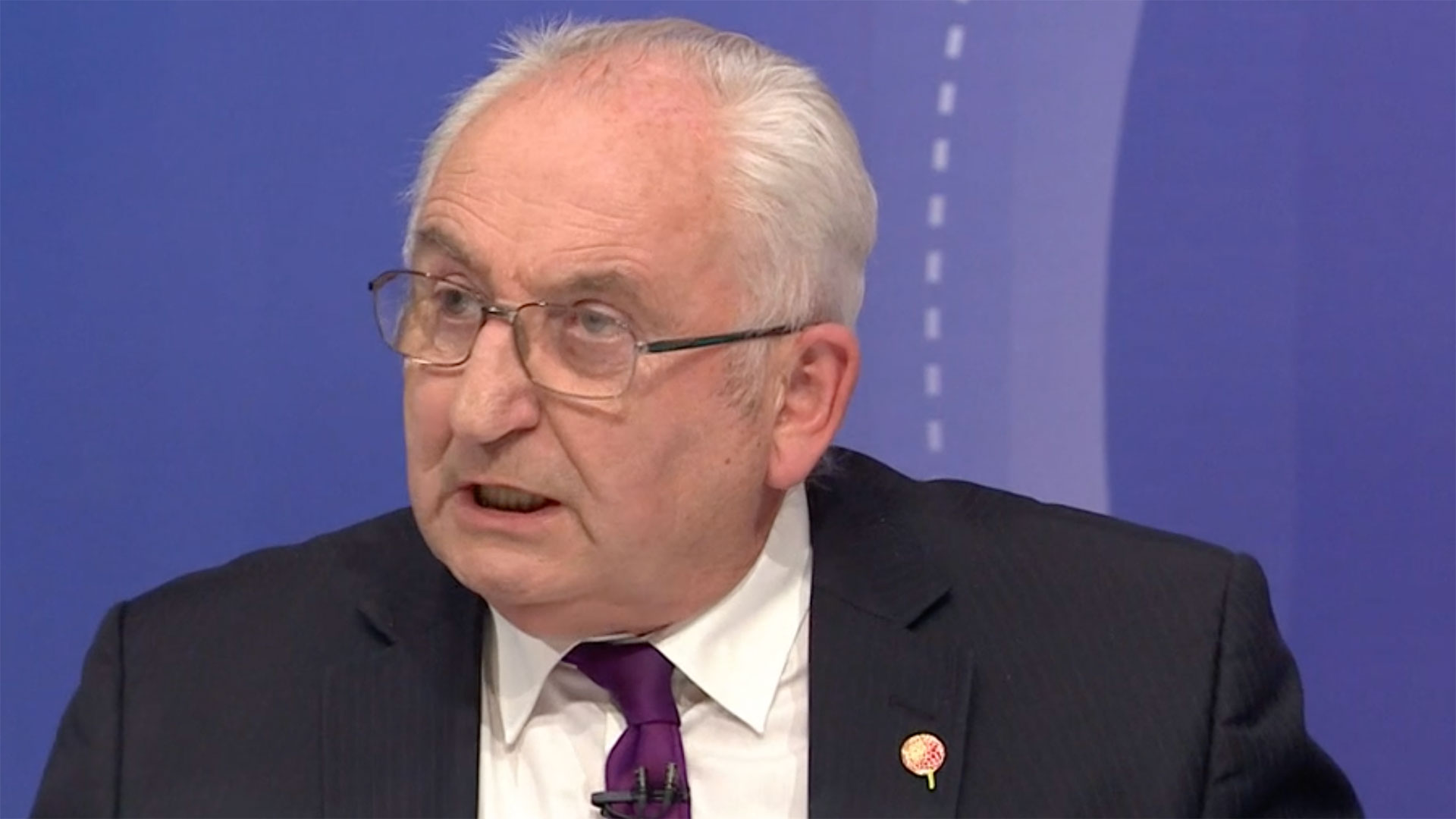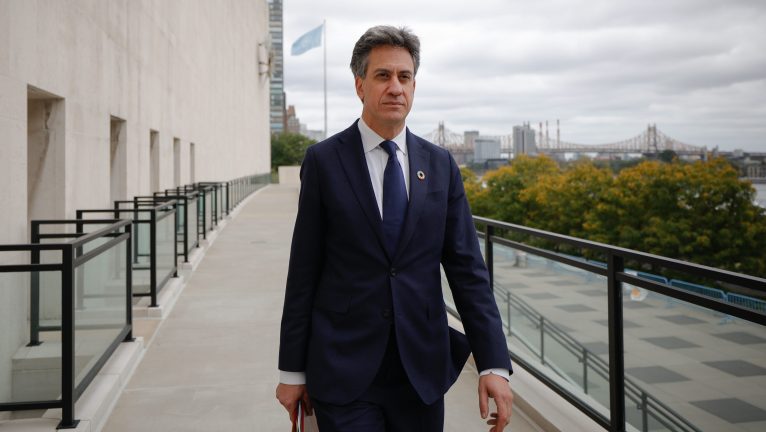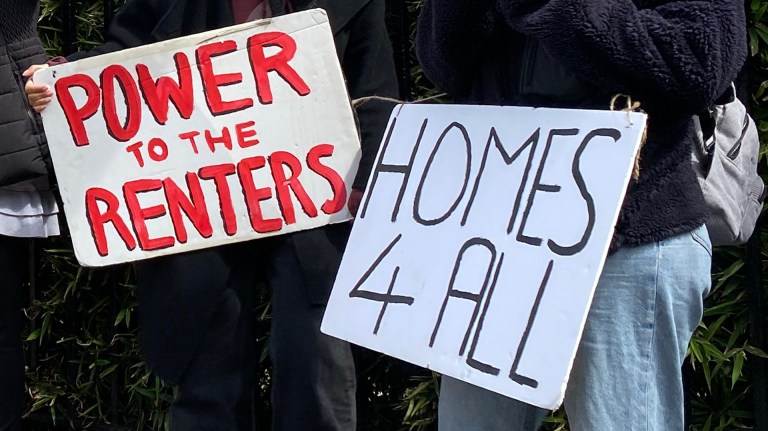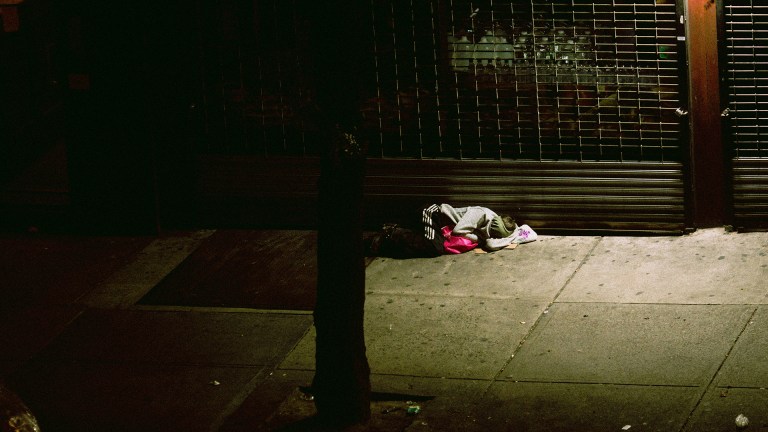As I said, it’s easy to poke an accusing finger at governments because of the systematic neglect of much of the post-industrial UK. None of the political persuasions have provided the answers. Unfortunately it becomes a debate about defending the record. And that is a loser.
In some ways you have to look at the past as done. Now you are going to do what is measurable and logical.
As I said on Question Time, austerity is too expensive. The cost of cutting has destroyed a generational opportunity. Balancing the books in the short term means passing the debt on to future generations. And to the current generation, which is having to watch hope of a future go out the door.
Borrowing to save what we have means accepting the costs now. Cutting only makes accounting sense when you don’t put a value on the deficit of social collapse.
The deficit of social collapse is greater than all the current budget-balancing savings. And Middlesbrough and the North East are a clear sign of what happens when you ‘austerify’ – if there’s such a word – the society of its communities.
Destroy hope, and a sense of tomorrow being liveable disappears. Depression and mental illness go hand in hand with hopelessness. Hollowing out communities is never a cost-free option. ‘Wise up’, might be the advice you’d give this new administration. Throw away the defence of the status quo and get on with bringing that aspiration into people’s eyes as they see opportunity rise through education, training and reskilling.
The above is all the breathless thinking of the moment, as I reflect early in the morning after my Question Time appearance. I reflect on missed opportunities. A very clear and cogent discussion on austerity and its ugly power to increase preventable deaths and damage mental wellbeing is a really important need. Yet fierce argument often precludes that.
None of the political persuasions have provided the answers. Unfortunately it becomes a debate about defending the record
We must hold these discussions in the cold light of day. And we must talk about whether there’s a better way of using debt to help us through poor times. But also is there a clever way of stimulating education and skills training so you can help trade and invest out of these troubled economic times.
We have done it before, especially in times of conflict. But every peacetime government tends to shy away from borrowing to invest big time in ridding us of hopelessness, or what you might call wellbeing. Wellbeing, or feeling good, puts you streets ahead in coping with any reversal in your life. It also means you can make the most of opportunity when presented.
I worry that governments will never truly see, or understand, the negative power of destroying social support, as has been done since 2010. The mind becomes derelict of hope – and hope is the most precious balm you can apply to any reversal. A reason to get up in the morning is what drives us on. And that needs to be shared out among us all.
Public school children are often marinated in a sense of confidence and optimism. That’s why Mr Johnson can go bouncing around the place saying everything is possible. But bounce, like opportunity, is unevenly distributed. Given the bucketloads of talent across these nations, governments need to tackle the uneven spread of opportunity. And make sure we support people into bouncing back and into opportune moments.
If we can spend big bucks during wartime – and take much of my lifetime to pay it off – can’t we declare war on poverty and injustice?
Just a thought as I go south again. The snow has melted. Let’s hope the hope lasts longer.
John Bird is the founder and Editor in Chief of The Big Issue
Image: BBC










